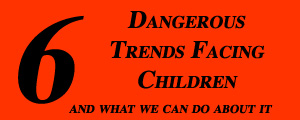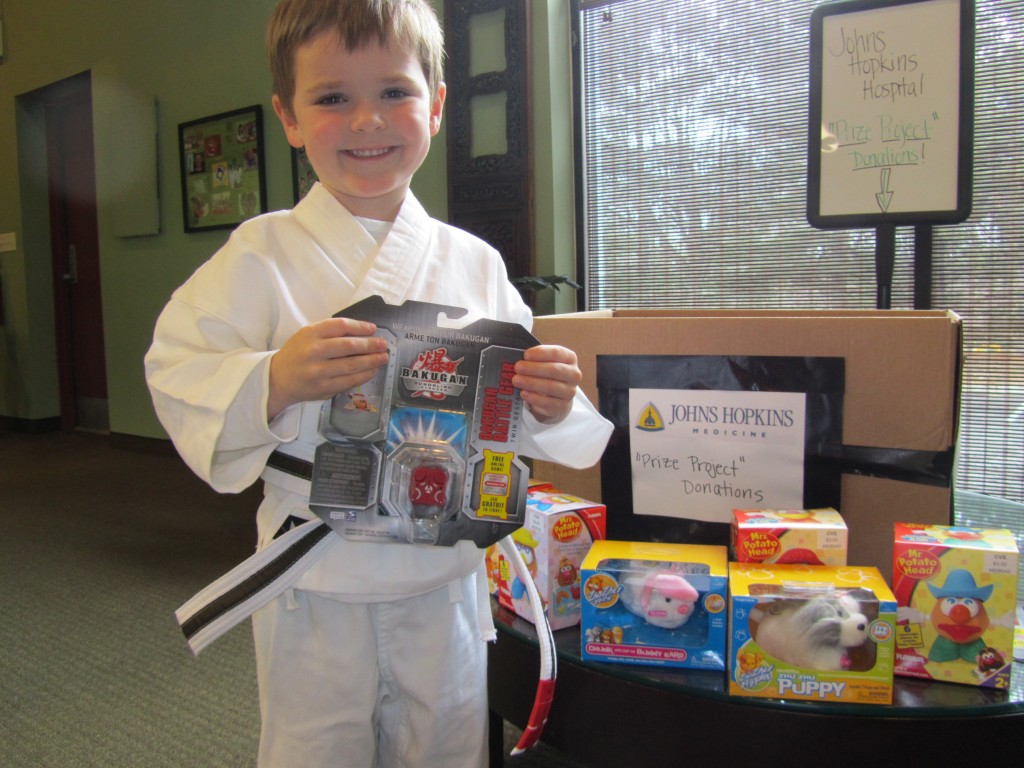 When we talk about confidence in oneself we must look at the idea of having confidence in our mind and body. For years now we have been learning more about eating disorders and how they affect some in our society. Each of us though can be a ‘gatekeeper’ in identifying and helping those who may be partaking in any of these destructive behaviors. How can we identify them?
When we talk about confidence in oneself we must look at the idea of having confidence in our mind and body. For years now we have been learning more about eating disorders and how they affect some in our society. Each of us though can be a ‘gatekeeper’ in identifying and helping those who may be partaking in any of these destructive behaviors. How can we identify them?

Anorexia nervosa – Those suffering with this BEHAVIOR do not eat enough food because they think they are too fat, even though they may be very thin.
Bulimia nervosa – Those suffering with this behavior will eat and many times overeat and then purge after overeating.
Binge-eaters – cannot control the amount of food they eat.
So how is it that individuals develop these behaviors? For many they do not see their behavior as being self-harmful, and were only trying to deal with or solve another problem. After doing some research here are the some of the most common causes of eating disorders:
- Major life transitions
- Family patterns and problems
- Social problems
- Failure at school, work or competitive events
- A traumatic event
- Major illness or injury
- Other psychiatric illnesses (triggered biologically, or previous obsessive compulsive symptoms)
It is not really known why some individuals might develop these disorders and others will not but given the list from above, there are things to consider that may help you see if a person or even yourself may have a propensity to develop an eating disorder. Continue reading “Dangerous Trends Facing Children: What Causes Eating Disorders?”






 When we talk about confidence in oneself we must look at the idea of having confidence in our mind and body. For years now we have been learning more about eating disorders and how they affect some in our society. Each of us though can be a ‘gatekeeper’ in identifying and helping those who may be partaking in any of these destructive behaviors. How can we identify them?
When we talk about confidence in oneself we must look at the idea of having confidence in our mind and body. For years now we have been learning more about eating disorders and how they affect some in our society. Each of us though can be a ‘gatekeeper’ in identifying and helping those who may be partaking in any of these destructive behaviors. How can we identify them?